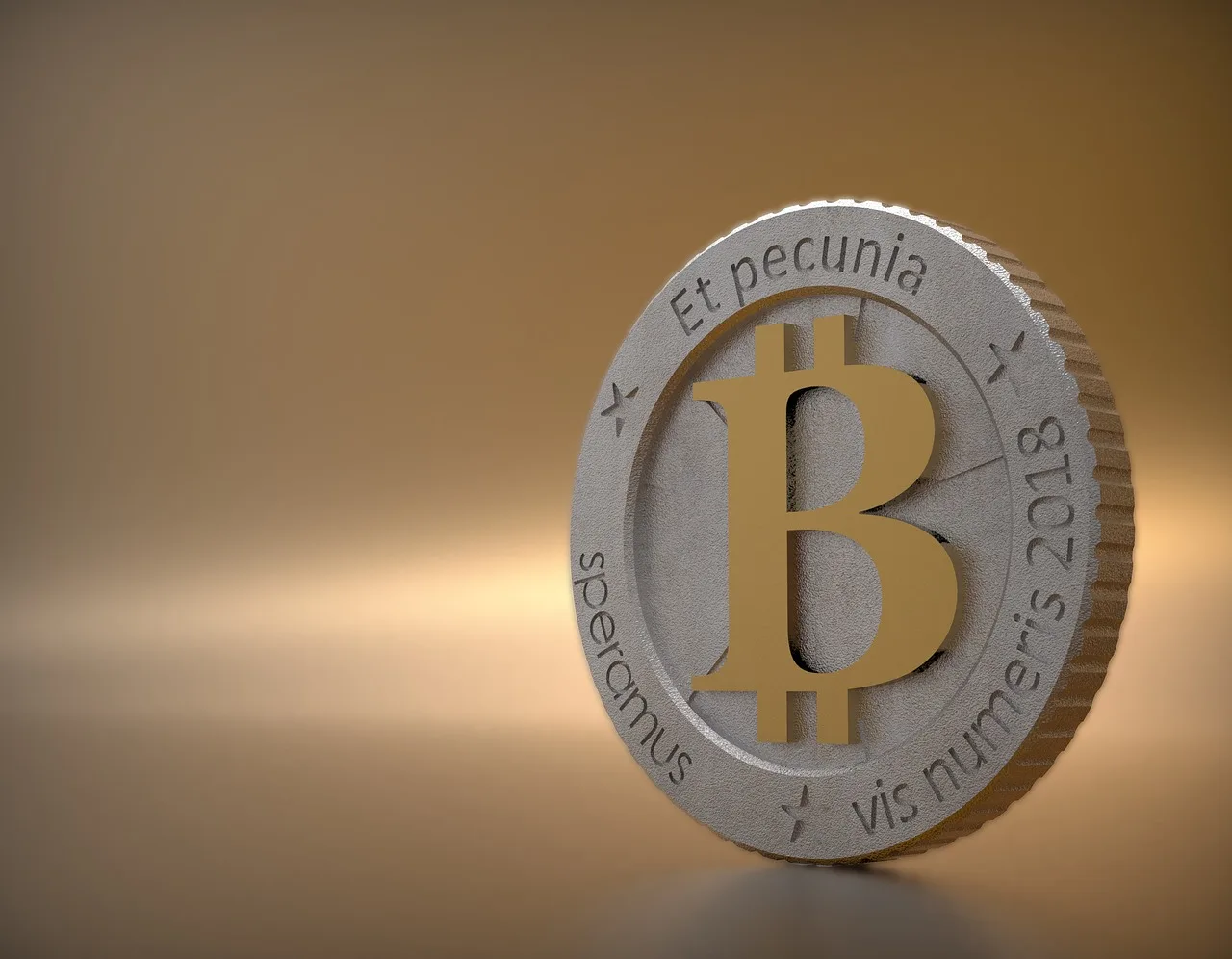
A potential tsunami is brewing in the crypto ocean, and exchanges like Coinbase had better grab their surfboards. The culprit? A proposed spot Bitcoin ETF, is threatening to slash transaction fees and trigger a “bloodbath” for traditional trading platforms, as Bloomberg ETF analyst Eric Balchunas chillingly predicts.
The forecast? It’s all about fees. Unlike their futures counterparts, Spot ETFs would track Bitcoin’s price directly, potentially charging a minuscule 0.01% compared to Coinbase’s hefty 0.6% per transaction. That’s like offering a sip of Fiji water while Coinbase pours a whole pool of Evian – talk about a competitive edge.
Crypto exchanges to adapt or perish
This fee apocalypse could force exchanges to adapt or perish. With revenue reliant on transaction fees, Coinbase might need to diversify its portfolio faster than a tap dancer on hot coals. Meanwhile, investors could flock to the lower-cost ETF pasture, sending exchanges scrambling for new ways to attract crypto-crazed cattle.
But wait, there’s more! This ETF storm could land as early as 2024, some analysts speculate. And when it hits, Bitcoin might skyrocket to a dizzying $1 million, according to fervent believers. Of course, sceptics paint a darker picture – a crypto exchange graveyard littered with the tombstones of defunct platforms.
Bitcoin ETF future
Only time will tell if the spot Bitcoin ETF is a market revolution or a digital doomsday. But one thing’s for sure – exchanges like Coinbase need to stay nimble, and innovative, and maybe even consider offering free Lambo rides, because the competition’s about to get fierce.
Spot Bitcoin ETFs are different from futures-based Bitcoin ETFs, which have been available in some markets for years. Futures-based Bitcoin ETFs track the price of Bitcoin through contracts that expire at a certain date, while spot Bitcoin ETFs buy and hold actual Bitcoin in custody. This means that spot Bitcoin ETFs have a direct impact on the supply and demand of Bitcoin, as they need to buy more Bitcoin when more investors buy their shares, and sell Bitcoin when investors redeem their shares.

